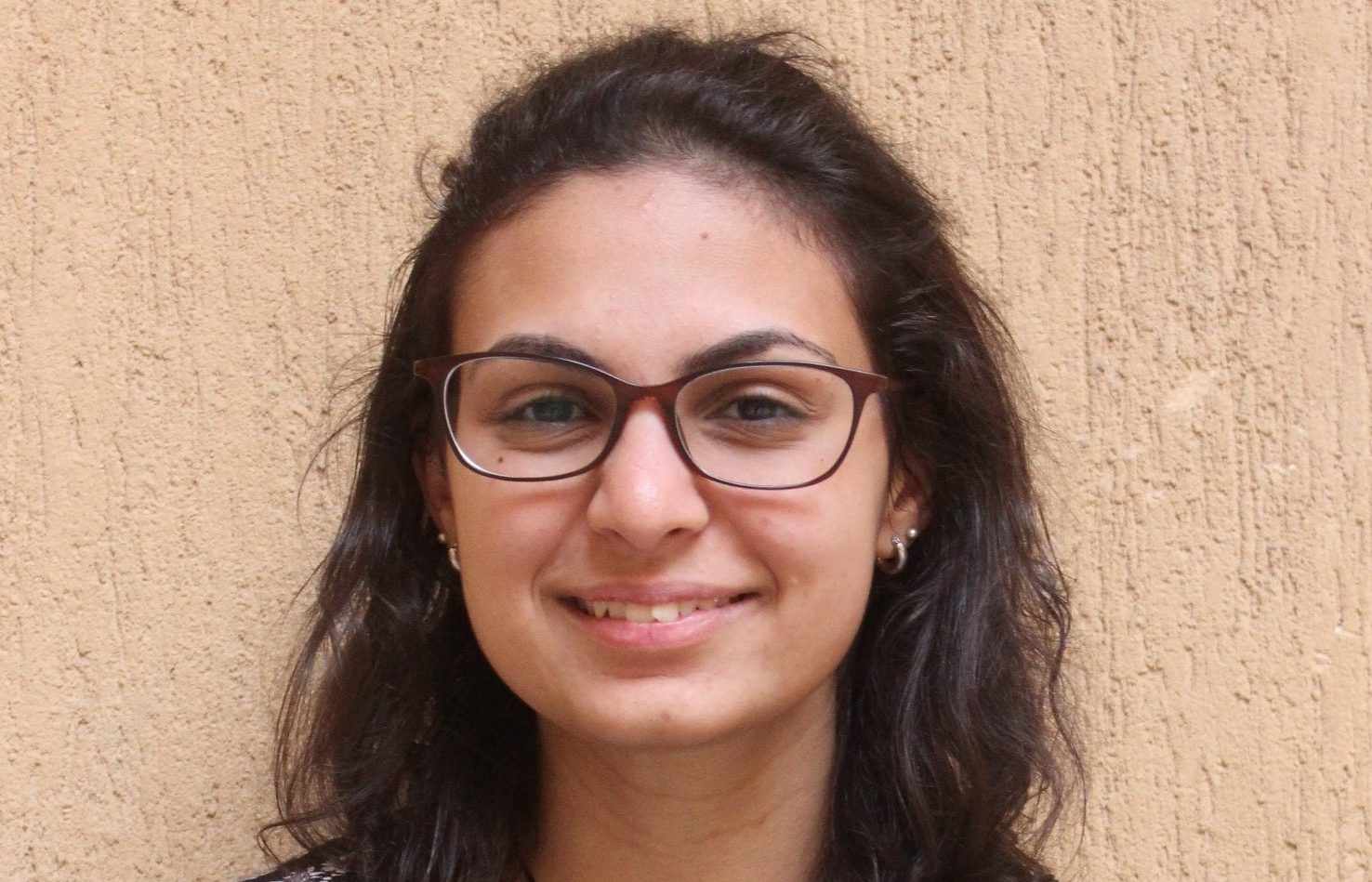Students protest in response to the administration’s decision to increase the fees by 10 percent. Sounds familiar, right? Maybe not so much if we look at the numbers but the sentiments and reactions are the same.
The following op-ed is not to compare student movements and evaluate who succeeded and who didn’t. In my opinion, we all somehow succeeded, even if it’s just by learning what to do the second time around.
I am not the type of person who normally watches a film and cares to connect the dots.But 74 (The Reconstitution of a Struggle) directed by Rania and Raed Rafei discusses the 10 percent tuition fees increase at the American University in Beirut (AUB) in 1974 and it just sounded too familiar in my head.
Initially, I saw a post on Facebook that this film was going to be screened at the Netherlands-Flemish Institute, but I didn’t quite understand what it was about. The title sounded like something out of a history textbook and if you know me, you know I would keep scrolling.
I don’t know how much of the film is accurately depicted or what the stylistic decisions in her film are about.
But I came to AUC in Fall 2016, the ‘strike semester’, and the film’s description sounded all too familiar in my head.
I ended up finding the film online and less than five minutes in, I realized that the dialogue, or perhaps rhetoric, of our 2016 strike here at AUC is rather similar. The scale of events differs for many reasons but the essence of what they were fighting for is almost the same.
“March 19, 1974 10:30 am. A Massive Student Gathering is happening at The American University of Beirut. A thousand students are protesting in front of the faculty of Agriculture building. Slogans criticizing the increase in tuition fees and the imperialistic attitude of the university’s administration. No to the 10 percent. No to imperialism,” said the narrator.
In the film, the student activists at AUB go to extremes as a form of protest. Each building on campus gets occupied by a group of students for more than 30 days as a response to what they saw to be ‘the imperialistic’ attitude of their administration.
But the backdrop of the 1974 student movement at AUB comes in with a completely different historical context.
As it is realistic fiction, the film is done in a recreated documentary-like format where the story is being told and it’s up to you to visualize the bigger picture of things happening outside the walls of the campus.
Although part of me wishes it wasn’t a recreation of events, seeing it in that form gives it the opportunity to have more parallels to today’s student protests in the backdrop of the Arab Spring.
Sure it wasn’t the Arab Spring in 74 in Lebanon but their protests were happening alongside the fourth Arab-Israeli War. From what I understand, the tuition fees increase happened in the aftermath of the October war too. The film shows that some of the student leaders saw this tuition fee increase as a decision to make the university elitist and restrict it to a certain class of people.
Why AUB increased its tuition fees, whether they were suffering from losses or not and how accurately the student response was depicted is not something clear to me but as I Google “1974 AUB protests,” information really does show up on the names of their student leaders, some of the events that happened and why they happened the way they did.
This is not what I want to get into because I have never been to AUB but I just had to admire how similar we all are at protesting. It almost always starts out solid followed by internal conflict and usually there is something political in the country happening in the background.
Remember the closure of the gates in 2012 and that famous picture of a student holding a banner with ‘if you don’t remember 2012, we’ll remind you’ in the Fall 2016 strike?
No. I am not calling for another student protest. I just genuinely like that photo.
Whether or not the students back in 74 at AUB succeeded or not, I couldn’t help but remember a conversation I had with the 2012/2013 SU President Taher El Moataz Bellah where he told me how important it is for us to document these changes, successes and failures.
